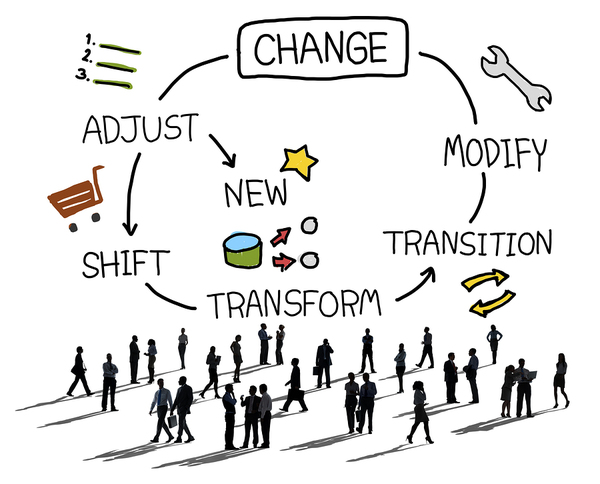
Career and personal success do not happen by accident for the vast majority of people. Career success is far more likely to happen when you create a professional development plan that can guide you as you make decisions for your career.
Taking the Initiative
Although a few companies provide some help to employees in making professional development plans, for the most part, the planning will be up to the employees themselves. Not only will a plan you develop yourself be generally more effective in meeting your specific needs, but it will also be less complicated without the company mingling its own goals with yours.
Benefits of Professional Development Plans
A Harvard study showed that those who set goals and wrote them down were far more successful than those who didn’t. Specifically, the study showed that the three percent of MBA graduates who wrote down clear, specific goals (like a professional development plan) earned 10 times more income than the other 97 percent combined.
Clearly, it is beneficial to have a professional development plan and write it down, even in career fields that don’t lend themselves to high incomes. Knowing what you want is the first step to getting it, in any endeavor.
But there are even more benefits to making a professional development plan. A plan will help you figure out how to do more of what you enjoy in your job and, conversely, less of what you don’t.
A professional development plan will also help you to identify skills you still need to develop to move forward in your career and will help you identify steps to gaining those skills. Even non-technical skills, like leadership and team-building skills, can be systematically developed through training and coursework if that’s what is needed to advance.

Where to Get Help
Although an employer-directed plan may not reflect your true career goals and aspirations, you can use the insight of your boss and colleagues to help you formulate your plan. Asking questions and getting feedback about your current skill level and job performance may help you to determine aspects of your plan. People aren’t usually able to be completely objective about themselves, so asking for constructive criticism as well as positive feedback about yourself as an employee can help you see truths about yourself that you might otherwise miss.
You can also get help through professional training and continuing education opportunities like a course designed to help you formulate a professional development plan or by taking continuing education courses that will help you reach your professional goals. Central Connecticut State University offers a wide variety of continuing education courses designed for professional and personal development. Join our mailing list to see what opportunities are open to you.
